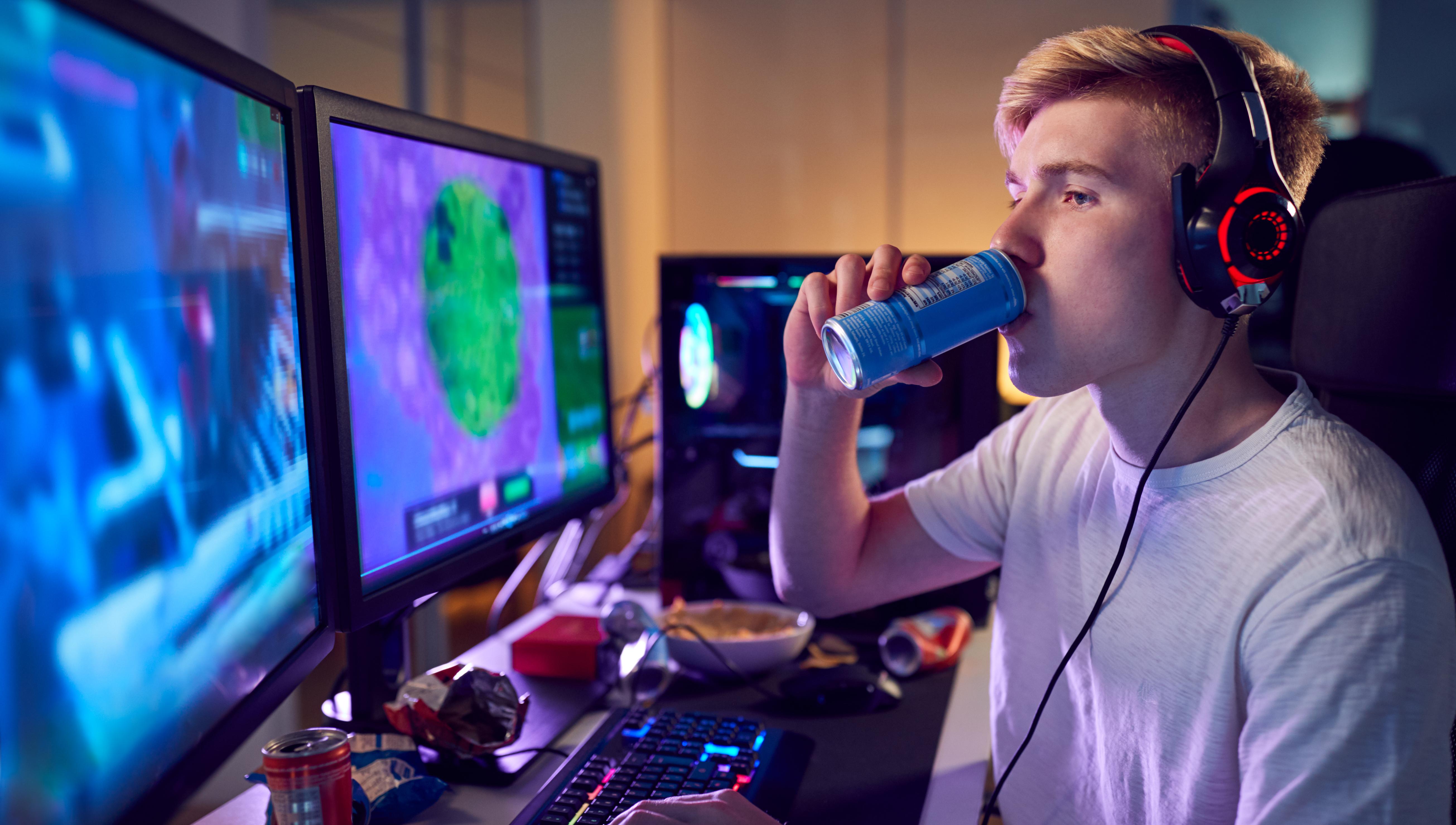24 Foods That Seem Healthy But Are Actually Making You Feel Worse
4. The Trap of Energy Drinks and Their Short-lived Boosts

Energy drinks are marketed as quick fixes for fatigue, promising an immediate energy boost. However, these beverages are often loaded with high levels of caffeine and sugar, which can lead to short-lived bursts of energy followed by significant crashes. The caffeine content in energy drinks can temporarily increase alertness, but it also raises the risk of jitteriness, anxiety, and sleep disturbances, all of which can negatively impact energy levels in the long run. The sugar in energy drinks contributes to their deceptive nature, offering a rapid energy spike that is quickly followed by a drop, leaving you more tired than before. Furthermore, the combination of sugar and caffeine can lead to increased heart rate and blood pressure, placing additional stress on the body. Over time, reliance on energy drinks can lead to tolerance, requiring even higher consumption to achieve the same effects, further exacerbating energy depletion. A healthier alternative to energy drinks is to focus on natural sources of caffeine, such as green tea or coffee, which contain antioxidants and fewer added sugars. Additionally, ensuring adequate hydration and incorporating regular physical activity can naturally boost energy levels without the adverse effects associated with energy drinks. By making these changes, you can maintain higher energy levels throughout the day without relying on potentially harmful quick fixes.
